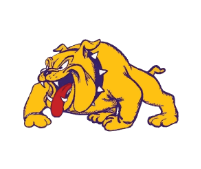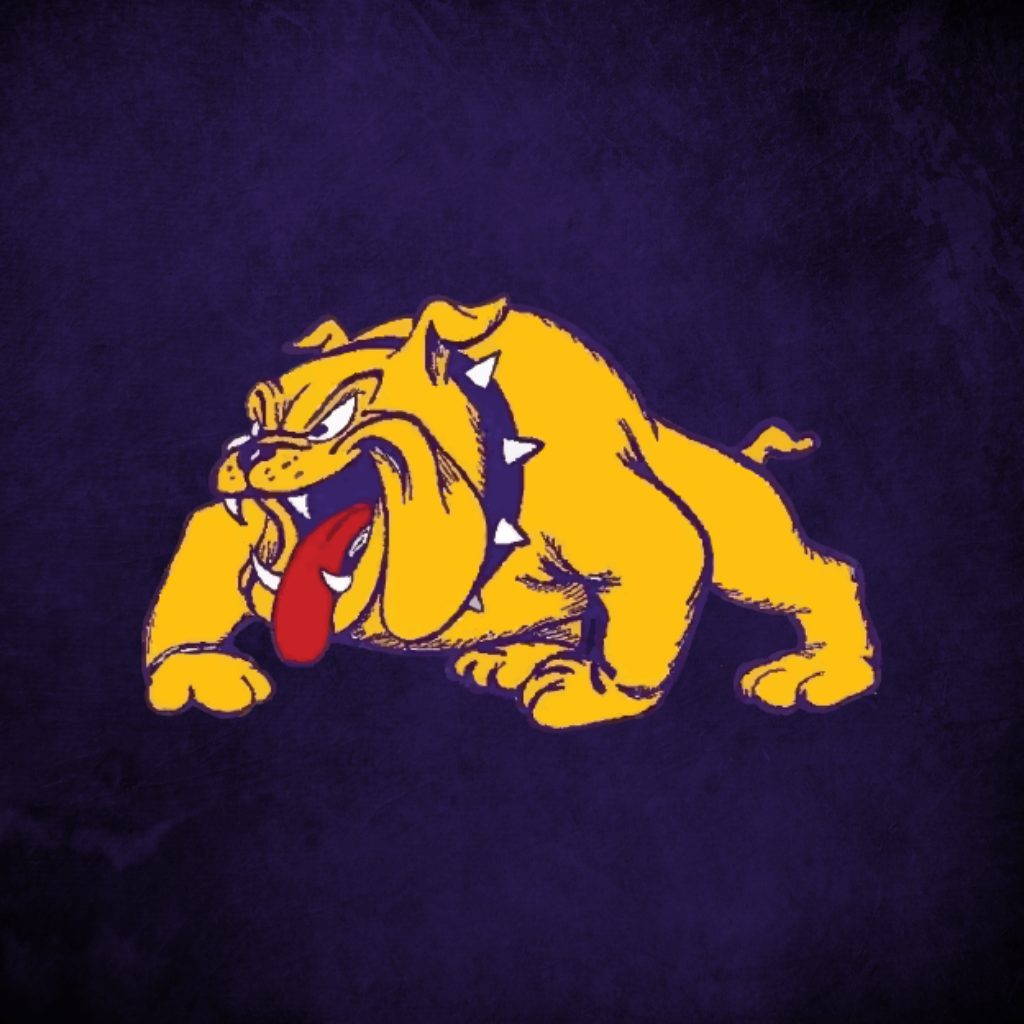PARENT/COACH RELATIONSHIP
The WISD Athletic Department continues with
its commitment to excellence by providing a positive and challenging
environment for its athletes and teams. We believe that athletics can be a
major part of students overall physical, mental, and emotional development in
their educational process.
Support and encouragement from parents is integral to ensuring that this goal is achieved. This guide is intended to foster good communications, between parents and coaches, and to help parents understand the channels available to them when discussing athletic issues concerning their students.
COACH’S RESPONSIBILITIES
Each coach is a professional educator who has
completed specialized training in educational philosophy and fundamentals of
the educational process, in addition to training in particular subject areas.
The coach is responsible for all aspects of the team’s operations during the
season.
In making decisions, the coach must consider
the educational goals of Wylie ISD and what is most appropriate for the team as
a whole. Parents may not always agree with the decisions that are made. While
each coach is open to comments and suggestions, the ultimate decision about
team and player matters rests with the coach. Some of the specific issues left
to the coach’s discretion include:
·
Playing Time
·
Team Strategy
·
Play Calling
In addition, the coach should not discuss other student athletes with parents. If you have concerns about your child’s interactions with other athletes or the coach, follow the procedure outlined before to address those issues.
SELECT/CLUB PARTICIPATION
Coaches may not require athletes to
participate on non-school teams such as select or club. The endorsement of
specific outside teams is prohibited. WISD coaches may not coach students in
grades 7-12 in select, club, or camps who attend school in their district (PER
UIL).
COMMUNICATIONS TO EXPECT FROM YOUR
CHILD’S COACH
You will receive a great deal of information
from your child’s coach before, during and after the season. The communications
may be verbal or in writing and are intended to ensure that you and your child
have all of the information you need for a safe and enjoyable season.
If you have questions or need additional
information, contact your coach. Some of the topics you should expect to
receive information on include:
·
Discussion of the coach’s philosophy.
·
Explanation of the expectations and goals the coach has
for your child, team and season.
·
Explanation of the team selection process.
·
A list of team rules and an explanation of guidelines and
consequences for rule infractions.
·
A list of the locations and times for all practices,
games and other important events.
·
Explanation of team requirements, special requirements
and equipment your child may need.
·
Explanation of strength and conditioning programs and
expectations.
·
Explanation of the procedure that will be followed if a
child is injured during athletic participation.
·
Explanation of awards or recognition students may receive
for participation in athletics.
COMMUNICATION COACHES EXPECT FROM
PARENTS
An effective communication process must work
both ways to avoid confusion and misunderstanding, and to enhance the student’s
overall experience in athletics. Parents should always communicate directly
with the coach when questions or concerns arise.
When communicating with your child’s coach, keep the following in mind:
· The coach must plan for events based on the participation
of the entire team. Notify the coach in advance of known schedule conflicts so
he/she can plan accordingly. Similarly, when illness or injury will prevent
your child’s participation in a scheduled game or practice, notify the coach in
advance.
·
If you have concerns or questions about any matters
related to your child’s athletic participation, please address them directly
with the coach. The goal is to maintain mutual understanding and respect at all
times.
· When you desire to discuss a concern or question with the
coach, please be sensitive to the coach’s responsibilities. Follow these simple
procedures to arrange a conference:
o Contact the coach by
email to request a time to meet.
o If you cannot reach
the coach, contact Athletic Office or campus coordinator to request a meeting
be arranged.
· Please do not confront a coach before or after a contest or practice. The coach has responsibilities to the entire team at these times. Additionally, these times may often be emotional for coaches, athletes, and parents, and therefore are rarely conducive to the positive resolution of concerns.
CONFLICT RESOLUTION
Regular communication
promotes understanding and mutual respect and provides a framework to address
concerns that may arise. While most concerns can be addressed through informal
conferences and contact, more formal procedures are available if needed.
PARENT CODE OF CONDUCT
·
Be a positive role model and set a positive example for
others through your conduct at sporting events.
·
Remember that your actions reflect on the school and the
district.
·
Be a “cheerleader” for your child and other children on
the team. FILL THEIR EMOTIONAL TANKS!
·
Respect your child’s coach - communicate with him or her
in a positive way and encourage others to do the same. Refrain from negative
comments about the coach.
·
Set realistic goals for your child’s athletic
participation and help your child do the same.
·
Do not try to relive your own athletic past through your
child.
·
Emphasize improved performance and skill attainment
rather than winning.
·
Keep your priorities in order - there is much more at
stake in a contest that a win or loss.
·
Maintain open lines of communication with the coach.
EXTRACURRICULAR CONTRACT
I understand that my
position as a student involved in extracurricular activities means that I am
held to a higher standard of behavior, and therefore, may receive greater,
different and/or additional consequences than those outlined in the WISD Student Code of Conduct, regardless of whether such conduct occurs on or off
school property, at a school sponsored or related event, or involves social
media on and/or off campus.



